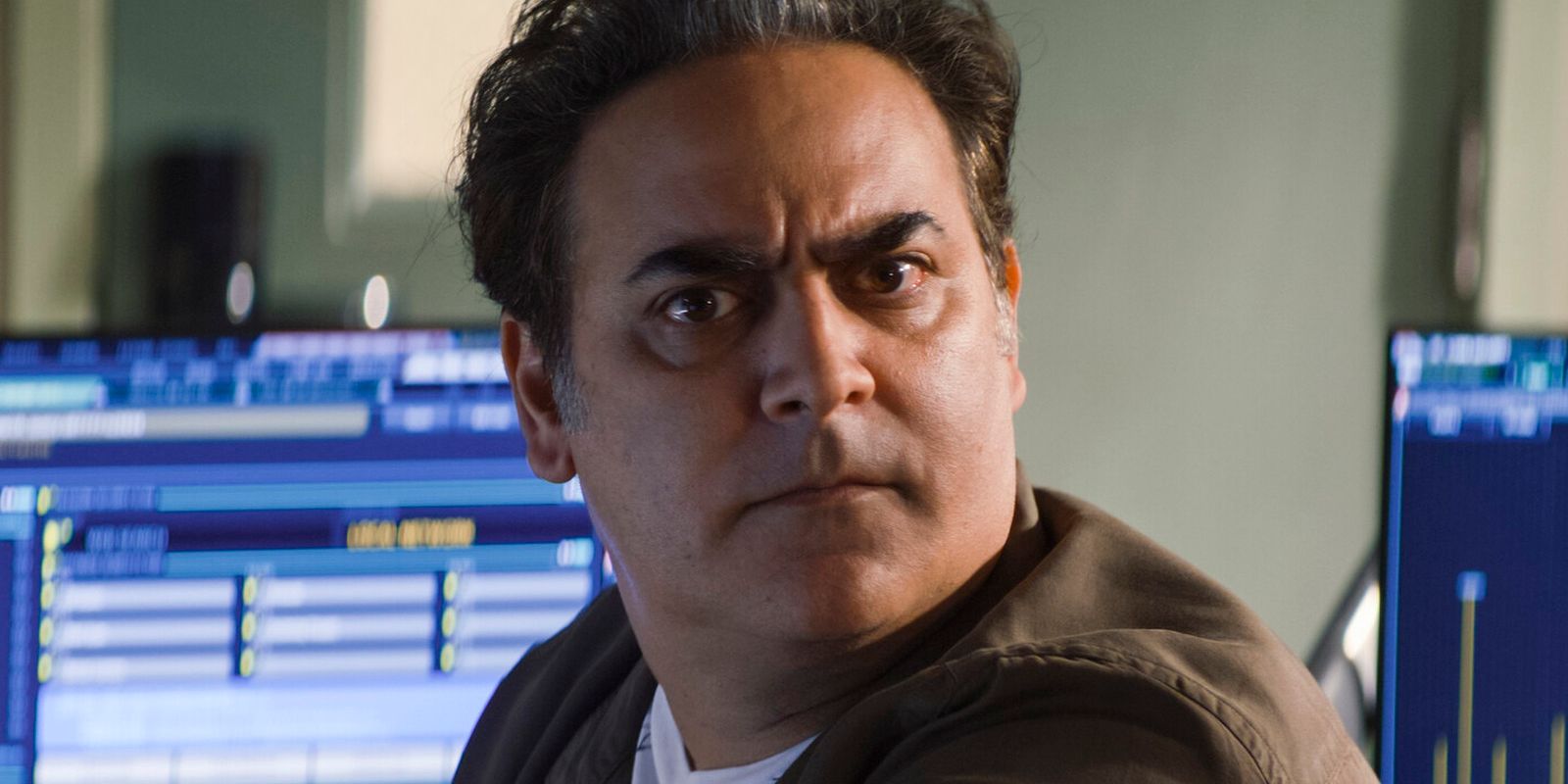
There has been a lot of change lately in the NCIS universe, and the cancelation of NCIS: Hawai’i continued an odd trend that has surfaced amid the franchise’s transition. The franchise started as a backdoor pilot of the 1990s legal procedural JAG, with the original NCIS premiering in 2003. The franchise launched its first spinoff in 2009, introducing the cast of NCIS: Los Angeles. Since then, the franchise has created six other series, only some of which are still in production.

As the flagship series heads into NCIS season 22, the landscape of the entire franchise looks very different from how it did at the beginning of the decade. Since then, several location-based spinoffs, such as NCIS: Los Angeles and NCIS: New Orleans, have been canceled. Despite a strong base of fans, the franchise also bid goodbye to the cast of NCIS: Hawai’i in 2024, making it the third location-based series to come to a close. With the cancelation of its older shows and the beginning of new ones, the franchise is signaling massive shifts to its approach to programming.
NCIS Has A History Of Canceling Spinoffs The Same Year A New One Premieres
With the cancelation of NCIS: Hawai’i and the announcement of NCIS: Tony & Ziva and NCIS: Origins, the franchise has solidified a trend of canceling established series as it begins producing new ones. While this may sound like show business, it signifies more than that when analyzed. It’s a sign that massive shifts are happening in the collection of NCIS spinoff shows. Hawai’i is only the most recent example; replacing old NCIS shows with new ones is a model the franchise implemented when canceling each location-based series.
When the franchise announced its first series cancelation in 2021, NCIS: Hawai’i replaced the fallen NCIS: New Orleans . After that, when the franchise canceled NCIS: Los Angeles in 2023, it introduced NCIS: Sydney the same year. Likewise, when the franchise announced the cancelation of NCIS: Hawai’i ahead of season 4, they had also announced NCIS: Origins and Tony & Ziva.The trend is gradually replacing NCIS spinoffs with location-based case-of-the-week premises with more complex programming.
How The Cancelation Trend Has A Connection To The NCIS Franchise’s Backdoor Pilot Tradition
The trend has a fascinating connection to the NCIS franchise’s backdoor pilot trend. NCIS launched its first two spinoffs, NCIS: Los Angeles and New Orleans, as backdoor pilots in the main series. The backdoor pilots, with exciting character crossovers, signified that the spinoff shows were an extension of the franchise. NCIS hasn’t had a backdoor pilot since it launched its Bayou-based series in 2014. Since then, the franchise introduced NCIS: Hawai’i and Sydney with cold launches, with the shows being introduced in a standalone format.
the NCIS franchise is making decisions to favor more complex, diversified programming regarding how the story is presented.

They replaced more established spinoffs launched in the original NCIS. Which series the franchise is green-lighting versus which ones it’s cutting is characteristic of a significant shift that the NCIS franchise is attempting to navigate. Launching its last two location-based spinoffs alone signifies that NCIS is crafting shows to stand separate from the flagship. Furthermore, the cancelation of NCIS: Hawai’i, on top of all the others, shows that the NCIS franchise is making decisions to favor more complex, diversified programming regarding how the story is presented.
How NCIS: Origins And NCIS: Tony & Ziva Will Change The Franchise After Hawai’i’s Surprise Cancelation
The upcoming expansion series NCIS: Tony & Ziva and Origins will continue to change the franchise as its fans know it. Although NCIS is reverting to its roots with the original MCRT character-focused spinoffs, it’s diverging from its foundation of case-of-the-week, location-based series. Beyond that, Tony & Ziva will continue to shatter expectations. The Tony and Ziva spinoff will bring exciting firsts to the franchise, including a serialized storytelling format, and it will stream on Paramount+ rather than airing on CBS like all the NCIS shows that came before it.
The franchise will also employ new concepts in the NCIS: Origins spinoff, a new series that will illustrate the early NCIS days of Leroy Jethro Gibbs as he starts at Camp Pendleton. The choice to hone in on the most central character in the entire franchise suggests the focus will be on the main characters in the future rather than new NCIS offices in different locations. It also indicates that programming will attempt to navigate more complex narratives, like origin stories and narratives of characters far into their futures, instead of introducing new characters to the franchise.

The recent changes to how NCIS approaches its programming signify that the network is in flux with demands for new types of programming. With the shift from network programming to streaming platforms, more immersive content with solid ties to the franchise’s origins is favored. Focusing on characters like Tony and Ziva suggests that the franchise finds comfort in the past versus continuing to branch out and explore new realms. NCIS: Sydney has one foot in each camp, as it’s the last location-based spinoff, but is oriented towards the shift in NCIS programming.
